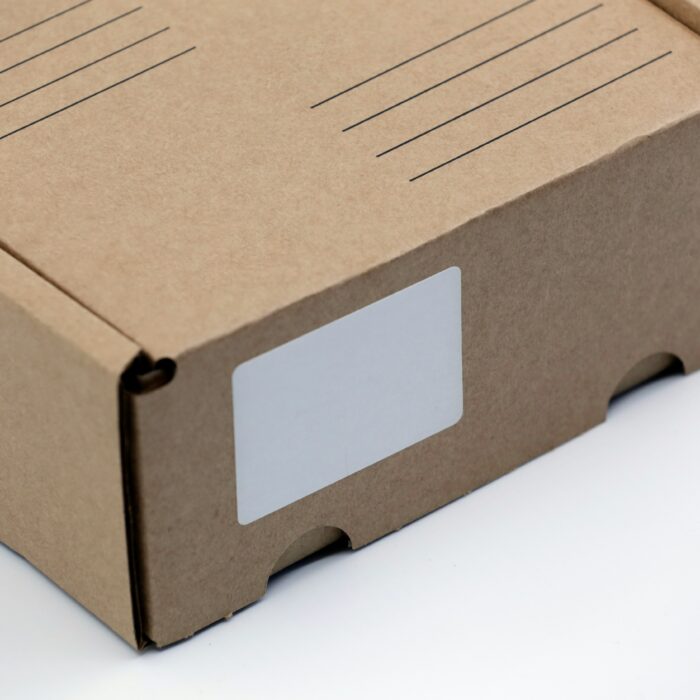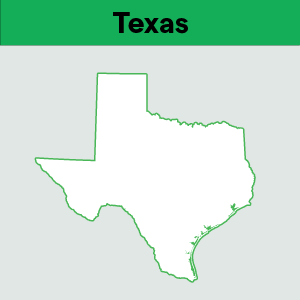Is candy taxable? A state-by-state guide
by August 26, 2025
Each state taxes candy differently. Some states lump candy in with groceries and require the same sales tax rate. (Read more about the taxability of groceries in each US state.) Other states tax candy at the combined full state sales tax rate, even if other groceries are tax exempt or taxed at a lesser rate.
If you sell on Amazon, you’re in luck. As long as you code your candy items with the correct product tax codes, Amazon will make sure to charge the correct amount of sales tax in each US state.
But if you sell on venues other than Amazon, you may be wondering whether or not you should be charging sales tax on candy. Find your states on the list below to find out!
Where is candy taxable?
Tax laws are changed or refined all the time. For the latest updates to tax laws, always consult with a sales tax expert or your state’s department of revenue.
Alabama – Candy is taxable in Alabama.
Arizona – Candy is considered a grocery item in Arizona and is non-taxable.
Arkansas – Candy is taxable at the same rate as other grocery items in the state – a reduced Arkansas state rate of 1.5% + any local sales tax rate.
California – Candy is non-taxable in California.
Colorado – Candy is taxable in Colorado.
Connecticut – Candy is taxable in Connecticut.
Florida – Candy is taxable in Florida.
Georgia – Candy is non-taxable in Georgia, but may be subject to local grocery sales tax.
Hawaii – Candy is taxable in Hawaii.
Idaho – Candy is taxable in Idaho (as are grocery items).
Illinois – Candy is taxable in Illinois.
Indiana – Candy is taxable Indiana.
Iowa – Candy is taxable in Iowa.
Kansas – Candy is taxable in Kansas.
Kentucky – Candy is taxable in Kentucky.
Louisiana – Candy is considered a grocery item and is non-taxable in Louisiana.
Maine – Candy is taxable in Maine.
Maryland – Candy is taxable in Maryland.
Massachusetts – Candy is considered a “food product” and is non-taxable in Massachusetts.
Michigan – Candy is considered a food item and is non-taxable in Michigan.
Minnesota – Candy is taxable in Minnesota.
Mississippi – Candy is taxable in Mississippi.
Missouri – Candy is taxable in Missouri.
Nebraska – Candy is non-taxable in Nebraska.
Nevada – Candy is considered “food for human consumption” and is non-taxable in Nevada.
New Jersey – Candy is taxable in New Jersey.
New Mexico – Candy is non-taxable if sold at a “retail food store.” To qualify as a food store: “a retail store must either a.) stock and offer a variety of foods on a continuous basis in each of four staple food categories—two of which must be perishable foods; or b.) function as a specialty store attributing 50% or more of its gross retail sales to staple foods”
There is no explicit New Mexico law regarding retail stores. Though the law is a little cloudy here, it appears that candy would be taxable for eCommerce sellers with nexus in New Mexico.
New York – Candy is taxable in New York.
North Carolina – Candy is taxable in North Carolina.
North Dakota – Candy is taxable in North Dakota.
Ohio – Candy is non-taxable in Ohio, unless it is sold for consumption on the premises where it is sold (which wouldn’t apply to eCommerce sellers).
Oklahoma – Candy is taxable in Oklahoma.
Pennsylvania – Candy is non-taxable in Pennsylvania.
Rhode Island – Candy is taxable in Rhode Island.
South Carolina – Candy sold to be eaten “off the premises” is considered non-taxable from South Carolina state sales tax, but is still subject to local sales tax.
Example: You live in Union, SC and sell a chocolate heart to a buyer in Easley, SC where the total combined sales tax rate is 7%. While the chocolate heart isn’t subject to South Carolina’s 6% sales tax, it is subject to the 1% city of Easley sales tax rate. So you would charge your customer 1% sales tax on the item.
South Dakota – Candy is taxable in South Dakota.
Tennessee – Candy is taxable in Tennessee.
Texas – Candy is taxable in Texas. In June 2017, Texas clarified that nuts, raisins, and other fruits that have been coated with chocolate, yogurt, or caramel or have been candied, crystalized, or glazed are considered to be candy.
Utah – Candy in Utah is taxable at the same rate as grocery items. In Utah, grocery items are taxable, but taxed at a reduced rate of 1.75%. Though, if a transaction includes both food/ingredients and other taxable items of tangible personal property then the taxable rate is 4.65%.
Vermont – Candy is non-taxable in Vermont.
Virginia – Candy is taxable in Virginia, but taxed at the same rate as food items. Food items are taxed at a reduced rate of 1.5% + a 1% local option tax in any applicable areas.
Washington – Candy is non-taxable.
Washington D.C. – Candy sold via the internet is non-taxable.
West Virginia – Candy is non-taxable in West Virginia.
Vending machines and other exceptions to candy taxability
Are you a vending machine owner? Keep in mind that most states have special sales tax requirements for you.
Does the candy have flour as an ingredient or require refrigeration? Your state may not consider that food item to be “candy,” and require a different sales tax rate.
If you’re unsure about how certain candy taxability sales tax rules apply to you, be sure to consult your state’s department of revenue or a sales tax expert.








